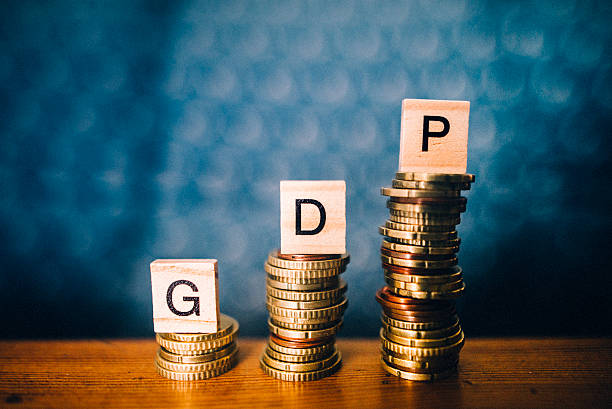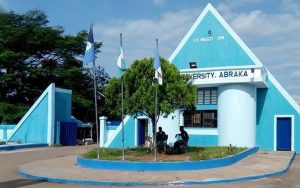The oil and gas played a less dominant role as the size of the Delta State’s economy rose by 51 percent in four years with the Gross Domestic Product (GDP) hitting N4.471 trillion in 2019, from N2.961 trillion in 2015.
The latest Nigerian Bureau of Statistics (NBS) report on Delta State’s economy for four years stated that the contribution of the non-oil sector to the state’s GDP shot up from N1.74 trillion in 2015 to N2.356 trillion in 2019.
The period under review witnessed a corresponding growth in the gains from the non-oil sector, which played a more significant role in driving overall economic growth in the state.
The Delta State also emerged as the second least poor in the NBS’ poverty ranking among the 36 states in Nigeria in 2020, up from being ranked 12th in 2010.
The Chief Economic Adviser to Governor Ifeanyi Okowa, Dr. Kingsley Emu, described the NBS report as a testimonial of the disposition of Okowa’s administration to sound policies, meticulous planning and fiscal discipline.
Emu said: “The impressive poverty ranking is the outcome of interplay of factors, including efficient public resource management, sound economic policies, effective sector interventions, social and youth-targeted job and wealth creation programmed.”
He said that agriculture has consistently grown by 13 per cent year-on-year and rose from N432 billion in 2015 to N583 billion in 2019, an increase of 35 per cent.
He attributed the growth in agricultural output to the effect of value chain development coupled with youth agricultural entrepreneurship programmes of the Okowa’s administration.
He noted that the construction sector’s GDP recorded a sharp rise as the figure for 2015 rose from N38.98 billion to N54.749 billion in 2019.
Emu said: “We have spent in excess of close to N400 billion in terms of contracts awarded on roads and civil infrastructure. We have over 1,500 kilometres of roads awarded and 60 to 70 per cent of them completed. We have over 700 kilometres of drains and over 60 per cent of them completed. We have 21 bridges under construction, six of which have been completed and 15 as work in progress.”
He attributed the sharp increase to the trade subsector where the GDP stood at N281.302 billion in 2019, up from N165.265 billion in 2015.
However, the GDP for real estate recorded an 84% growth from 2016 to 2019, a leap Emu attributed to “significant infrastructural development and urban renewal programmes.”
He revealed that the GDP from transportation sector has improved consistently since 2013, recording a 40 per cent growth from 2015 to 2019.









